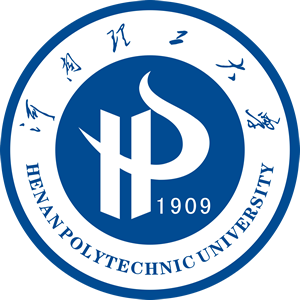
地址: 河南省焦作市高新区世纪路2001号[454000] Tel: 0391-3987069 E-mail: zkxb@hpu.edu.cn,skxb@hpu.edu.cn |

请您访问
|

社会科学版
|
| 供稿: 王桂丽 | 时间: 2018-12-28 | 次数: |
作者:王桂丽
摘要:魏晋玄学美学中的"性"范畴超越了儒家美学"性"之道德本体、道家美学"性"之"逻各斯"的探求,着力论证了精神生命、感性生命与社会理性生命三位一体的生命结构,充分展示了那个时代的思维对此岸现世生命积极超拔的精神品格,包孕着浓郁的文化心灵结构、对生命的终极思考以及生命的价值与情怀。郭象的"性"论建构了以"独化"为核心的生命本体论,具体表现为:"独化"是存在的存在论,即本体论;"性"即物性与心性一体的自由生命意识。从而在本体论上建构了生命的本根与精神的超越。
DOI:10.16698/j.hpu(social.sciences).1673-9779.2010.04.013
分类号:B83
Abstract:Different from the confucian's aesthetic concept of nature-moral ontology, and the taoist aesthetic concept of nature-the Logos, the conceptof "real nature" in Wei and Jin metaphysics aesthetics strives to demonstrate the spirit of life, emotional life and the social life of the trinity the rationality life structure, and show the positive thinking of reality and life in that era fully, besides, it contains the spirit of the rich cultural soul, the structure of the ultimate thinking of life as well as the value of life and feelings.Guo Xiang's theory of"Nature"constructed the ontology of life based on the"independence", he thinks that"Independence" is the existence of the existence of theory, that is, ontology;" Nature" means the properties of the mind and body and the consciousness of the freedom.Thus, the ontology of life constructs the roots and is beyond the spirits.